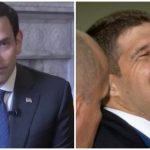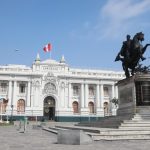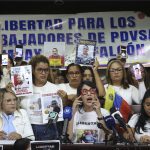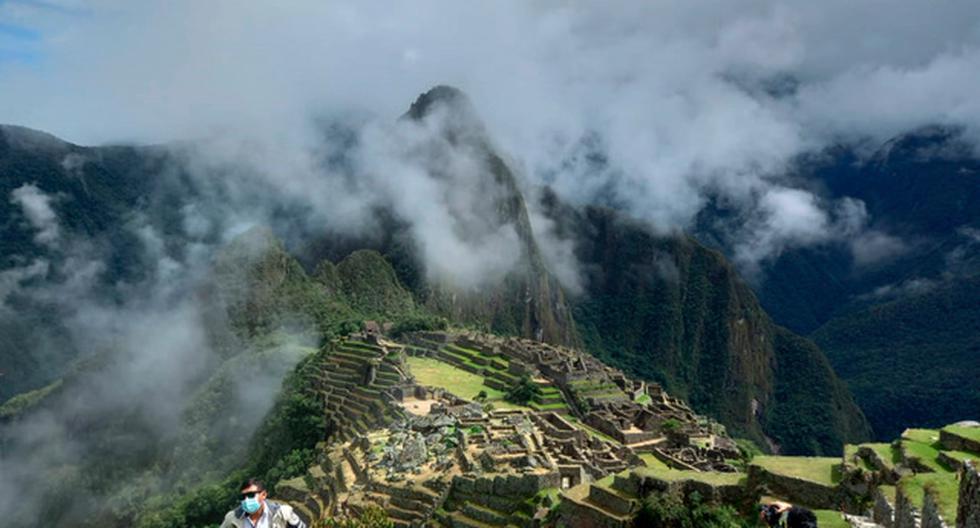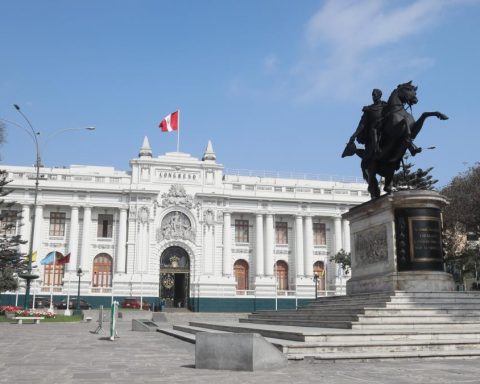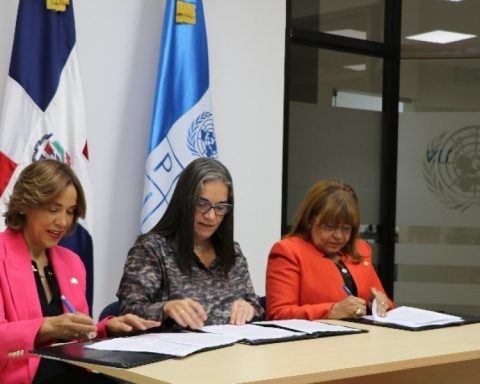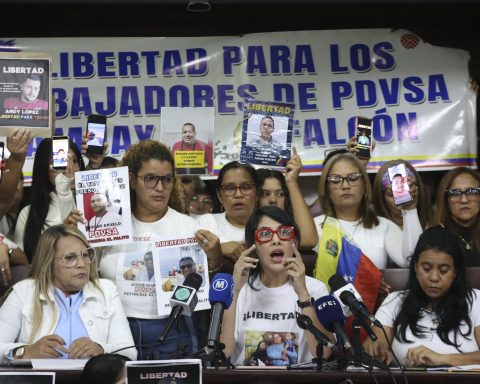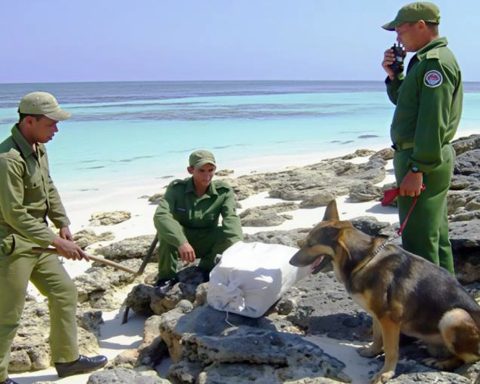The United States and Iran turned the tables on Monday over new snags in talks to salvage the Iran nuclear deal as the sides believe a compromise is still possible.
“We will not go to Vienna for new negotiations, but to finalize an agreement on the nuclear issue. We have to wait for Washington’s response” to the pending issues, Foreign Ministry spokesman Said Khatibzadeh said at a press conference. in Tehran.
“At the moment, we still don’t have a definitive answer from Washington. If Washington answers the outstanding questions, we can go to Vienna as soon as possible,” he added.
Since the day before, the head of Iranian diplomacy, Hossein Amir-Abdollahian, had estimated that “the ball” was “in the field of the United States”, taking up word for word the phrase of the Americans who at the end of March said that it was “in the Tehran countryside.
“I don’t think this redirection of the ball can be described as honest,” the spokesman for US diplomacy, Ned Price, responded on Monday, taking up the sporting metaphor.
“Everyone involved in the talks knows exactly who made the constructive proposals, who introduced the requests unrelated to the nuclear deal and how we got there,” he added, implying that Iran was responsible for the blockade.
– “Close” deal –
Iran has been negotiating for a year in the Austrian capital with China, Russia, France, the United Kingdom and Germany to revive the international agreement of 2015, whose objective was that the Islamic Republic not be equipped with the atomic bomb in exchange for the suspension of the sanctions against its economy.
After Washington unilaterally pulled out of the deal in 2018 under the Trump administration, Tehran began backing away from its commitments.
In recent weeks, great-power negotiators in Vienna have mentioned progress and setbacks in the negotiations, and there has even been talk of an imminent agreement.
On Sunday, Amir-Abdollahian even declared that a deal was “close” during a telephone conversation with UN Secretary-General Antonio Guterres.
The Iranian diplomat pointed out that they had transmitted their proposals on the unresolved issues to the United States through the European Union negotiator, who plays an intermediary role in the absence of direct talks.
“We think that it is still possible to overcome our last divergences,” said the US State Department spokesman on Monday, warning that “it will no longer be like that” once Iran’s nuclear program gets too close to making a bomb.
The Vienna negotiations made it possible to remove most of the obstacles, but there are still some obstacles to reviving an agreement.
Iran also calls for the removal of the Revolutionary Guards — its ideological army — from the US blacklist of terrorist organizations, on which they were included during the Trump era.
Washington rejects said request, assuring that it is not related to the ongoing negotiations.
At the end of March, US envoy Rob Maley declared that the Revolutionary Guards would remain “sanctioned by US law” even in the event of an agreement, and the “perception” of this group in the United States would remain “unchanged.”
But according to experts, this declaration does not necessarily mean that the Americans refuse to remove them from their blacklist, since their leaders would continue to carry the weight of other sanctions.
